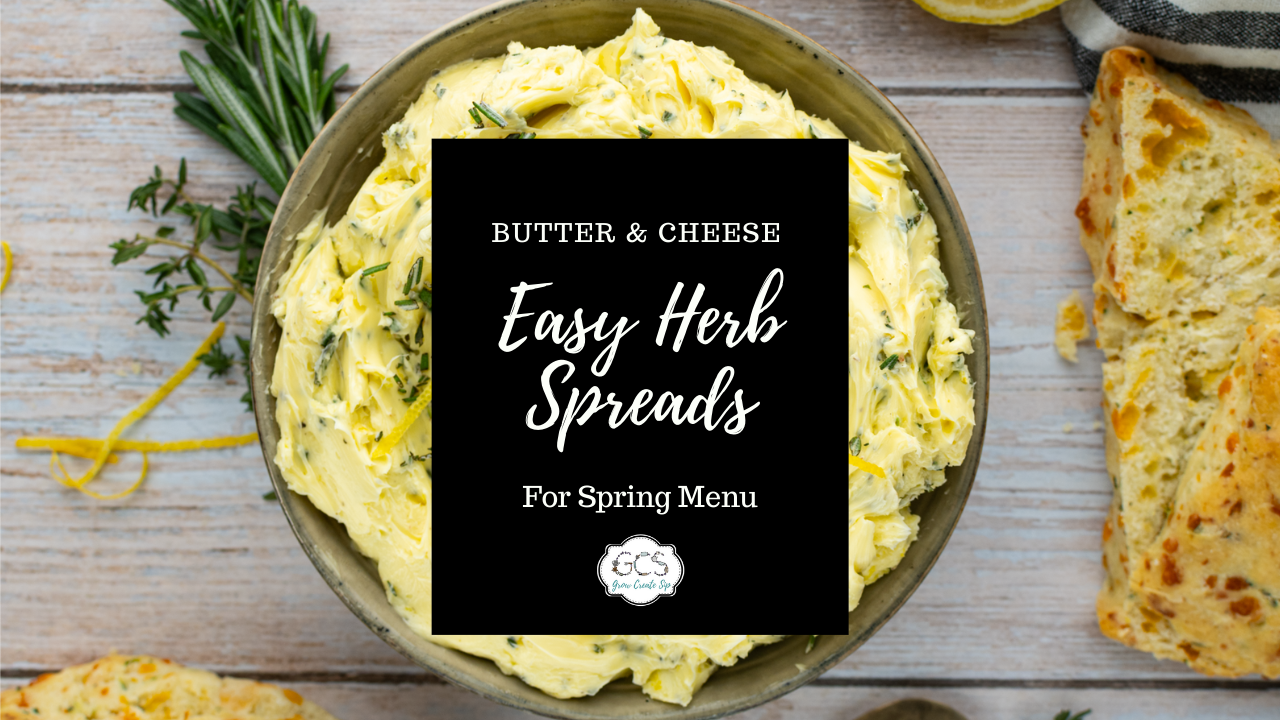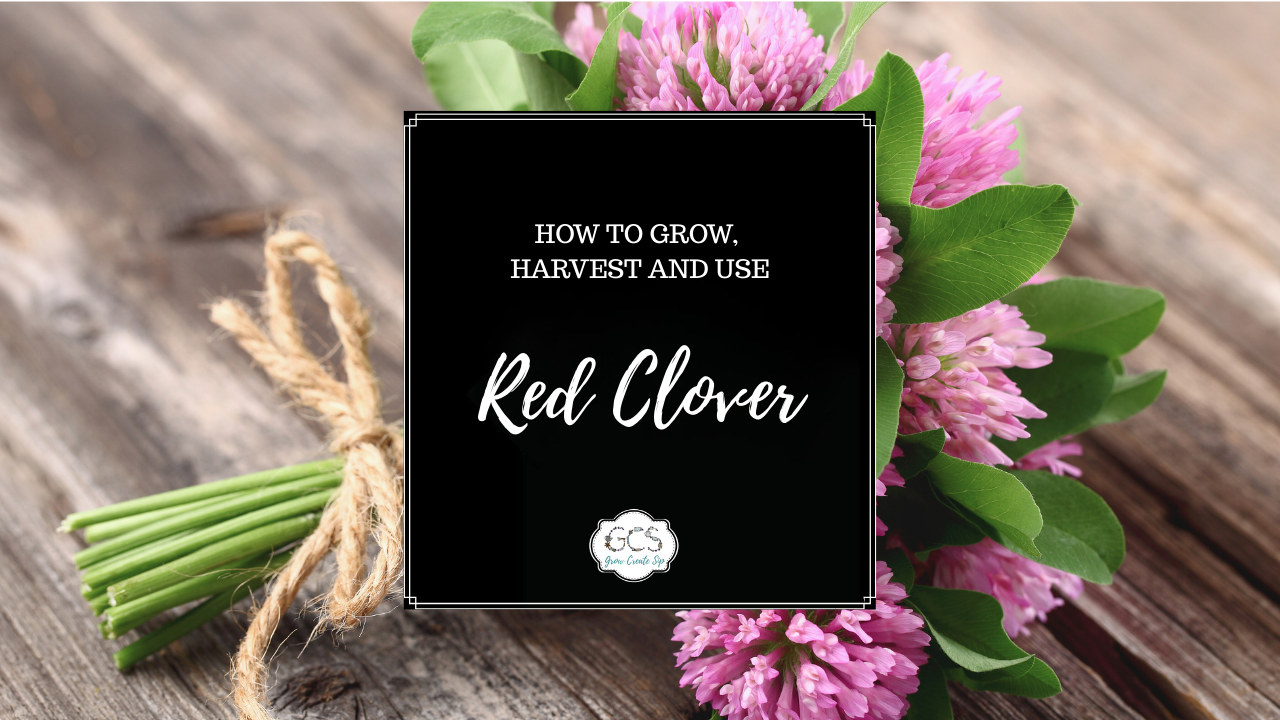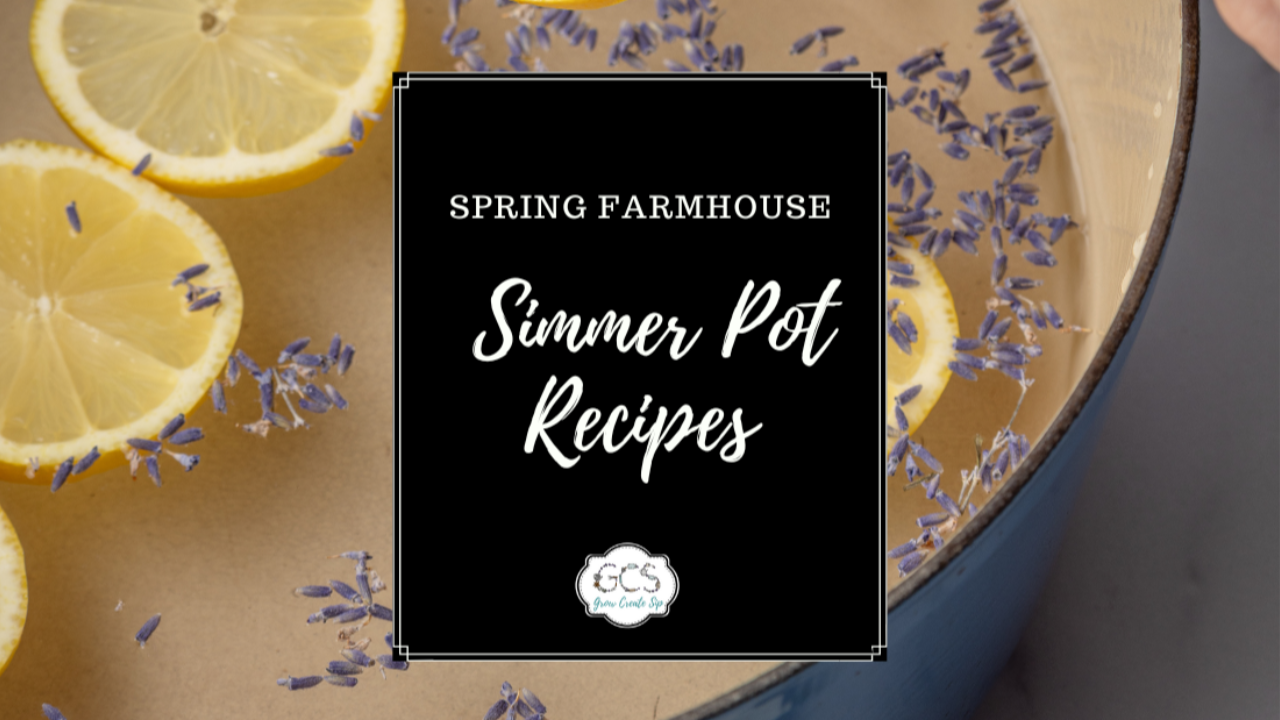Herbs for Colds, Coughs & Flu Part II
Feb 11, 2020
Diet, rest, hydration are just the start of preventing colds, coughs, and the flu. But what happens when you catch that virus going around? Natural herbal medicines are a great way to try and help those symptoms out at home when they are in their earliest stages.
In last week's post (Tools for Preventing Coughs, Colds, and Flu Part I), we chatted about the Coronavirus along with ways to prevent getting viruses, including the common cold and flu. This week it is time to dive deep into the types of herbs that one might find helpful in preventing coughs, colds, and flu along with those that are helpful after catching them.
Before we start:
This herbal information is just that, information. This blog post and I DO NOT INTEND to treat, cure, or diagnose any disease or illness. This is for informational, educational and entertainment purposes only. Please consult a physician before using herbs medicinally.
This post also contains affiliate links throughout. Translation: We get a little kick back for sharing certain products, at no additional cost to you, should you choose to purchase said items. And - thank you for supporting our farm and family! Read the full disclaimer here.
In the first post, it is essential that our foundation is set, because as I mentioned in that post, without foundation, your chances of preventing the colds and flu are not as high. We need our body to have ALL of the things it needs for the herbs to work correctly.
The #1 Thing

That leads me to the #1 thing people get wrong about herbs. I talk about this in our free medicinal teas workshop as well as our course Medicinal Teas in Small Spaces. It is REALLY important to understand if you want common herbs to work as powerful medicines.
An herb can be an herb, OR it can be powerful medicine.
In the States and the Western side of the world, we tend to have the mentality that we can use herbs just like we use a pharmaceutical drug. We pop the herbal capsule, and it will magically do everything that it says it will do.
Nope.
Sorry.
It doesn't work that way.
You see, most of us use herbs every day. Am I right? Name some: cinnamon on your oatmeal, coffee steeped in your coffee maker, rosemary on that pizza you had for lunch, or even the black pepper in your hamburger, and what about sage on that roasted chicken for dinner?
While those herbs in your food are helpful, they are still just common herbs.
To turn them into powerful medicines, they need to be used for the right ailment; they have to fit the right person, they have to be consumed in the proper amounts to make them medicinal and often enough to make them work.
After all, someone drinking a digestive tea blend because they have a cut on their finger isn't going to do them any kind, is it? They are using it for the wrong reason.
Grab all the details on how to turn common herbs into powerful medicines here. It's time to head on into those herbs for colds, flu, and coughs!
Building Up the Immune System

There are so many wonderful herbs that we can use to help prevent colds, coughs, and flu as well as help aide the symptoms if we happen to catch one or the other.
There is no substitute for a hospital or the doctor when it comes to urgent medical.
Too many people assume because an herb/spice is all-natural that it is also 100% safe. That's NOT true. Some herbs are poisonous and herbs that are not safe for certain people to use, such as if you are pregnant or nursing or on medications.
Please check with your doctor and DO YOUR research before you put any of these herbs to use medicinally. This information is for educational purposes only. I'm not treating or diagnosing you or your symptoms. These herbs are all generally regarded as safe (GRAS) for use, heading any contraindications or cautions.
Immunomodulators
Immuno-what? Immunomodulators are herbs that aide the normal functioning of the immune system and help keep it working. A prevalent one that you have probably heard of and maybe even used is Elderberry.
- Elderberries are known to boost the immune system and help fight colds/flu. Learn more about elderberries here & grab our Awesome Berry Syrup Recipe
- Astragulas
- Garlic
- Echinacea
- Ginseng
- Licorice
- Ashwagandha
- Reishi
Anti-Virals
Since we are talking about preventing viruses here, we also want to make sure we consider herbs that are known to be anti-virals. Once again, elderberries are joining the list, amongst some other fabulous herbs.
It's Time To Chat About Gunk

Ok, so we are passed the prevention stage, and now you have caught whatever bug is going around.
You're congested.
Your coughing.
You're blowing your nose like crazy.
Congestion and mucus have taken over your life, and you need relief, like yesterday.
In herbal medicine, the herbs that help with these issues are called demulcents, expectorants, and decongestants. These are the herbs that will help thin out mucus, get it moving or tighten and tone if you have that leaky, drippy faucet that just won't stop.
Demulcent herbs
Demulcent herbs help irritated and inflamed mucous membranes by helping to not only protect them but also soften and relieve irritation. Think of demulcents as band-aides and protectors of the mucous membranes in your body. Here are some great ones to get you started!

Expectorant Herbs
Are you ready to expectorate? Expectorant herbs help aid your body in removing the mucous. These herbs are known as anticatarrhals in the herbal world. Anticatarrhals help to remove excessive mucus in both the respiratory and digestive systems. These herbs will help breakdown the mucous and send it packing. Don't forget, though, when dealing with extra mucus in the body, don't feed it with foods it loves! Foods that tend to create excess mucous are wheat, dairy, and everyone's favorite, sugar!
Decongestant Herbs
Herbs that work as decongestants are also known as Carminatives. They are typically VERY aromatic and help to loosen up the gunk. They can be spicy in smell, but usually, that taste yummy! Good news, I must say! Not only are these generally helpful for upper respiratory congestion but also digestive aids.
As you can see, there are so many herbs helpful for coughs, colds, and flu! God is so good as to give us so many useful plants for our well being.
The question begs to be asked, how in the world you know which herb to use for congestion? Or the immune system even with a massive list like provided above?
At the start of this post, we mentioned how an herb could be an herb, or it can be powerful medicine. There are three tools to help turn those herbs into powerful medicines and help you decide which herb on the list above is right for you. One of those tools is called an Herbal Monograph. An herbal monograph provides a picture of an herb from what it does to the safety considerations.
Herbal monographs are the best way to keep track of what herbs do. We have put together a free download where you can do just that. Grab your free Herbal Monograph worksheets here along with some other goodies to help you decide which herbs are the best for individual cold, cough, and flu symptoms.
If you want to go beyond the monographs and learn not just how to gather the finer details of what herbs help which ailment but also how to apply that knowledge makes sure you check out our free medicinal teas workshop.
Thanks for stopping by the farm, and I'm curious... what herbs do you currently use for coughs, colds, and flu? How have they helped you or your loved ones? Leave a comment below!















